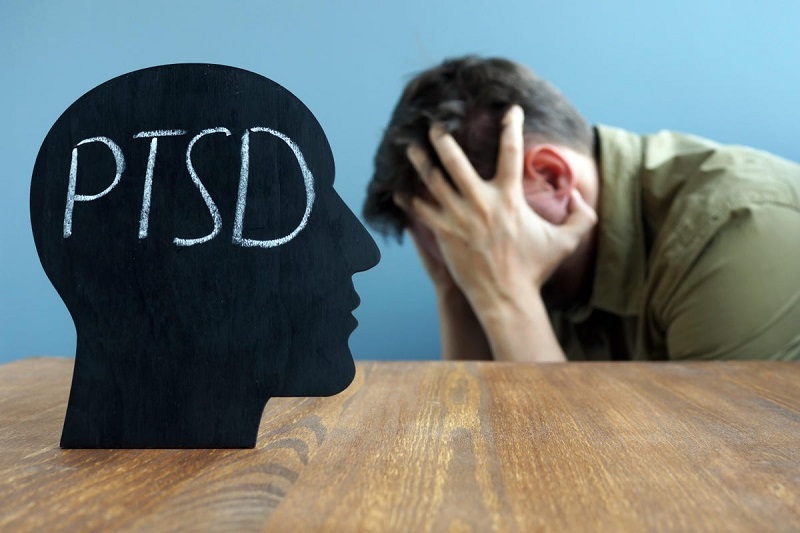Criminal justice system officers have a lot of work to accomplish. These people work tirelessly in demanding — and all-too-often thankless — professions, from those we look to in a medical emergency to those we trust to uphold justice. Is enough being done to protect us and them?
According to a recent study, there are more firefighter suicides than deaths in the line of duty. Additionally, hundreds of police personnel commit themselves each year across the country. The current rise in suicide attempts and ideas is concerning. They typically come from psychological stress and trauma that are brought on by their jobs.
First responders routinely find themselves in dangerous — and frequently life-threatening — situations in these high-stress, high-risk jobs. Their physical wounds, hazardous conditions, traumatic events, and a variety of other things could be harmful to their mental health. Long work hours, physical stress, and insufficient sleep are a few work-related concerns that have been linked to poor performance.
First responders are far more likely than the normal population to suffer from depression, PTSD, and other mental health. Not everyone is equally impacted by the stress, which continues even when they are not working. Police officers and other people working in public safety may have PTSD symptoms include drug addiction, rage, anxiety, trouble sleeping, and stomach problems.
Despite having access to resources and counseling, mental health still carries a negative stigma. Although this stigma still persists nationwide, it is more pronounced in some industries. Treatment is frequently delayed as a result of these institutional and cultural constraints, leaving public safety officers to address the situation alone.
It’s encouraging to see that organizations are attempting to raise awareness of how mental illness affects first responders who are serving or have recently served. Support, counseling, and open communication have increased as a result of more preventative and educational measures.
Although peer support is beneficial, professional help is still required. This type of assistance is available in many places. Public safety workers have access to a lot of free options, but virtual support services are private. If you require assistance, you can also get in touch with organizations run by people who are aware of the time and effort required to ensure public safety.
We can do much more to help our heroes in healthcare and public safety. To raise awareness of mental health concerns and lessen the stigma associated with seeking treatment for them, we must all work together. The resource that is included contains more information on how PTSD affects public safety personnel.




